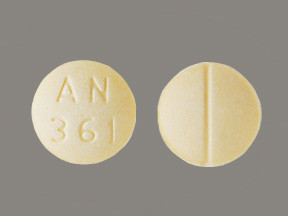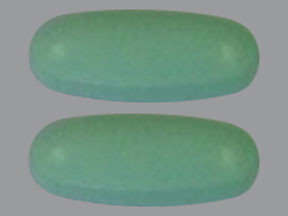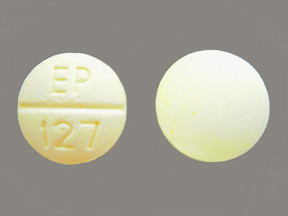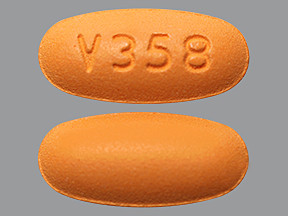FOLIC ACID - ORAL
PHONETIC PRONUNCIATION: (FOE-lik AS-id)
GENERIC NAME(S): folic acid
Uses
USES: Folic acid is the man-made form of folate. Folate is a B-vitamin naturally found in some foods. It is needed to form healthy cells, especially red blood cells. Folic acid supplements may come in different forms (such as L-methylfolate, levomefolate, methyltetrahydrofolate). They are used to treat or prevent low folate levels. Low folate levels can lead to certain types of anemia. Conditions that can cause low folate levels include poor diet, pregnancy, alcoholism, liver disease, certain stomach/intestinal problems, kidney dialysis, among others. Women of childbearing age should receive adequate amounts of folic acid either through their diet or supplements to prevent infant spinal cord birth defects.
How to use FOLIC ACID - ORAL
HOW TO USE: Take this product by mouth with or without food as directed by your doctor, usually once daily. If you are taking the over-the-counter product, follow all directions on the product package. If you have any questions, ask your doctor or pharmacist. Dosage is based on your medical condition and response to treatment. Do not increase your dose or take this product more often than directed. Take this product regularly to get the most benefit from it. To help you remember, take it at the same time each day. Follow the diet plan recommended by your doctor or dietician. See also Notes section. If your condition persists or worsens, or if you think you may have a serious medical problem, get medical help right away.
Side Effects
Precautions
Interactions
Overdose
Images

- color
- light blue
- shape
- round
- imprint
- V359

- color
- light blue
- shape
- round
- imprint
- V359
Reviews
Faq for FOLIC ACID - ORAL
Folic acid is a type of B vitamin that is essential for the formation of red blood cells and DNA synthesis.
Folic acid is found in foods such as leafy green vegetables, citrus fruits, beans, peas, and fortified cereals. It can also be taken as a supplement.
Folic acid plays a crucial role in the production of red blood cells and helps prevent certain birth defects in developing babies. It also supports brain health and is important for overall growth and development.
Folic acid supplements are recommended for pregnant women or women planning to conceive, as it can help prevent certain birth defects. Additionally, people with certain medical conditions or those who have poor diets may also need folic acid supplements.
The recommended daily intake of folic acid for most adults is 400 micrograms (mcg). Pregnant women are advised to take 600-800 mcg daily.
Folic acid is generally safe when taken in recommended doses. However, high doses of folic acid may cause some side effects such as nausea, abdominal cramps, and diarrhea.
While folic acid has been studied for its potential to reduce the risk of heart disease and stroke, more research is needed to establish a definitive connection.
Folic acid is generally safe to take with other medications. However, it is always advisable to consult with a healthcare professional to ensure there are no interactions with your specific medications.
In most cases, it is difficult to overdose on folic acid from dietary sources alone. However, high doses from supplements may increase the risk of certain health issues. It is always best to stick to the recommended dosage.
Disclaimer
IMPORTANT: HOW TO USE THIS INFORMATION: This is a summary and does NOT have all possible information about this product. This information does not assure that this product is safe, effective, or appropriate for you. This information is not individual medical advice and does not substitute for the advice of your health care professional. Always ask your health care professional for complete information about this product and your specific health needs.





No Reviews Yet